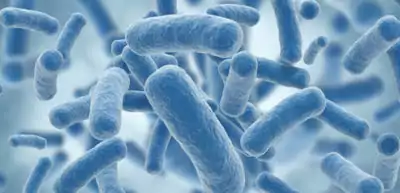PCOS test is based on the Rotterdam criteria for diagnosing PCOS.

Living Well
A healthy digestive tract has a complex ecosystem of about 400 bacteria. This natural microflora consists of both good (symbiotic) bacteria and bad (pathogenic or disease causing) bacteria.
Now, let’s figure out the effects of antibiotics on probiotic bacteria. Antibiotics are prescribed when there is an infection in the body, to kill off the bacteria causing it. But, they don’t just kill the harmful microorganisms. They also destroy the natural flora in the intestinal tract. Loss of good bacteria in the intestinal tract can lead to many problems in the intestine. All the functions of good bacteria mentioned above are affected negatively. They cause an overgrowth of bacteria which can lead to acid reflux. They also reduce the muscular activity of the intestines, impact metabolic functions, and make the body more vulnerable to infections, due to a lack of probiotics in the system.
Daniel Merenstein, M.D. and Director of Research of Family Medicine, Georgetown University Medical Center, says “Only take antibiotics if they are truly needed. These actions will help protect your gastrointestinal microbiome.”
Good bacteria also aid in the production of stomach acid and help in digestion of food. Know about other factors that affect stomach acid production here.
https://www.ncbi.nlm.nih.gov/pmc/articles/PMC4528021/
https://www.ncbi.nlm.nih.gov/pubmed/12740060/
https://www.ncbi.nlm.nih.gov/books/NBK7670/
https://www.ncbi.nlm.nih.gov/pubmed/23426535